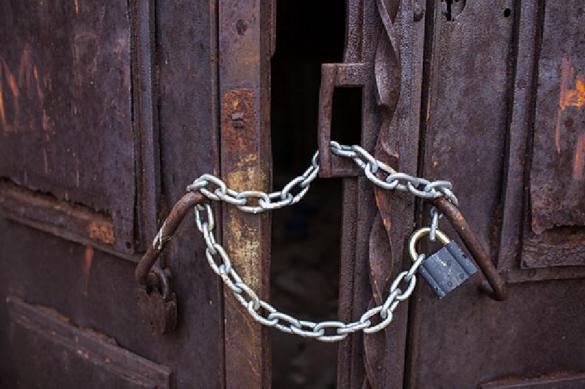Landlord-tenant relationships are strained in the US in the COVID-19 era
Landlords can't escape having strained relationships with their tenants. While some tenants are reliable and courteous, others aren't. Landlords with multiple properties will experience a variety of tenant relationships, but nothing has been as stressful as maintaining relationships in the wake of COVID-19.

COVID-19 has created new laws that hurt landlords and tenants
Since COVID-19 has directly caused many people to become unemployed and therefore unable to pay rent, U.S. states and cities have enacted legislation to provide relief to tenants and landlords. For example, early on, the U.S. enacted a brief federal moratorium on evictions from federally-funded housing. This included a moratorium on both rent and mortgages.
Individual states and cities enacted similar moratoriums that apply to all housing for longer periods of time. For instance, in Washington state, COVID-related unpaid rent can't be treated like a regular debt and collections can't be enforced as usual. Instead, landlords must offer tenants a payment plan to get caught up. This particular order was in effect through June 4 and it's not clear yet how this has affected landlords and their tenants.
Meanwhile, property management companies are still waiting for state governors to come up with solutions that aren't punitive against their clients (landlords). Once the moratoriums end, both tenants and landlords will still owe back rent and mortgages they may not be able to pay.
Property managers are being extra cautious
New rules enacted in large cities usually make the news, but that's not always the case with smaller towns. Property managers in small cities like Katy, Texas have to stay on top of all new orders to make sure they don't begin eviction services illegally. Consulting with lawyers on a regular basis is costing property managers more money, but it's unavoidable at the moment.
Tenants aren't the only ones hurt by COVID-19
Both tenants and landlords are being hurt by the massive loss of jobs. Tenants can't pay their bills and neither can their landlords. Some tenants don't realize that landlords don't always own the property free and clear. Many landlords still have to pay a mortgage, and when a tenant can't pay rent, the landlord can't pay the mortgage. If a landlord can't pay the mortgage, and they can't evict the tenant to get someone who can pay the rent, their property is at risk for foreclosure.
Some landlords are suing their city
Landlords in Los Angeles have had enough. The Apartment Association of Greater Los Angeles sued the city of Los Angeles, claiming that banning evictions and rent increases violates their rights as apartment owners under both the United States and California Constitutions. The problem, they stated, is that the ordinance applies to tenants who don't have a problem paying their rent.
For tenants that can pay their rent, why should landlords be prohibited from raising the rent or pursuing an eviction? Perhaps it's too hard to legislate how a tenant could be determined to be able to pay vs. unable to pay. However, Los Angeles landlords are suing full force.
Landlords aren't against helping tenants who legitimately can't pay their rent, but say the eviction ban wasn't well thought out and could create hundreds of millions of dollars in liability for property owners.
Some predict a 'housing apocalypse' in the near future
Experts say that evictions were already high before the coronavirus pandemic and they expect the crisis to get worse. Despite the denial, the United States is officially in a recession and is adversely affecting renters their landlords. The loss of jobs has made it hard for many to afford basic needs like food, clothing, and medical care. When people can't afford food, they definitely can't afford rent.
Housing experts predict things will only get worse in the next few months and that a 'housing apocalypse' is coming. Thousands of tenants have already missed rent payments and don't know how they're going to make up lost payments even with a payment plan.
Landlords need to be compassionate, yet firm
Landlords are in a tough position and need to find the balance between being compassionate and firm. Some landlords are choosing to help their tenants even at their own expense. However, not all landlords can afford to help.
Hopefully when the housing crisis does reach its peak, we'll see a larger number of compassionate landlords helping tenants as much as possible.
Subscribe to Pravda.Ru Telegram channel, Facebook, RSS!


